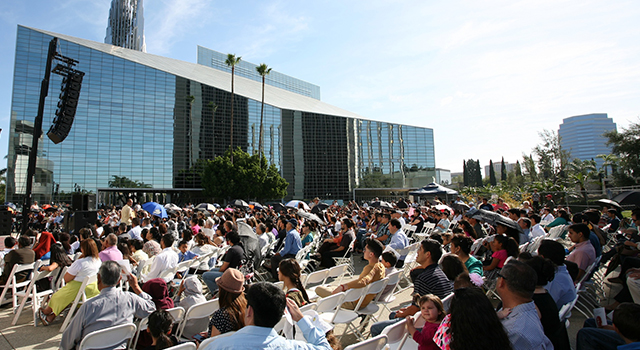We are ordinary people. Ordinary is not a demeaning term nor does it mean to suggest that our lives are insignificant. As people created in the image of God, our lives are of immense value. We are precious in God’s eyes. To be ordinary means that in our humanity we are all the same. We were all born. We get hungry, we get full. We get tired, we get rest. We are healthy, we are ill. We are sad, we are happy. We live our lives and we die. The quality of our lives differs. The ordinariness of our humanity remains the same.
Jesus lived true to the ordinariness of his humanity. He was born in a stable. He worked as a carpenter. He spent his adulthood as a traveling preacher. He died between two ordinary people, one who was repentant, one who was not. Out of the ordinariness of his humanity, Jesus sought to restore the splendor of humanity as God created it. He sought, through his ordinary life, to help us believe in God’s unconditional love for us in the ordinariness of our lives (Anthony Campbell, S.J., God First Loved Us, p. 102).
Living the fullness of his humanity cost Jesus his life. He taught about such things as love of God and love of neighbor are equally important, forgiveness is to have no limits, sinners are getting into heaven before righteous religious people, vengeance is to give way to mercy. All of these were contrary to the temple teaching at the time and greatly upset and angered the religious authorities. Putting his own life at risk, Jesus did not give up on us. He just kept on showing us the way to grow into the fullness of our humanity as God’s daughters and sons.
Taking up the cross was Jesus’ ultimate act of fidelity to his humanity and to his Father. In the Gospel when Peter tried to argue Jesus out of being true to his humanity by taking up the cross, Jesus called him Satan (Mark 8:33). Jesus knew that taking up the cross would lead to the glory of the resurrection.
Jesus was true to the ordinariness and therefore splendor of his humanity. It is to such fidelity that he calls each one of us.
